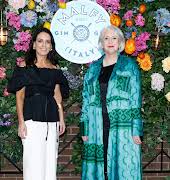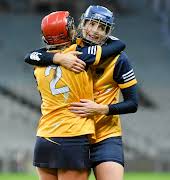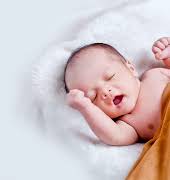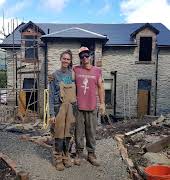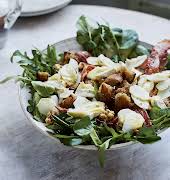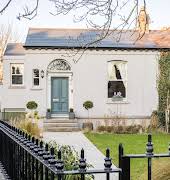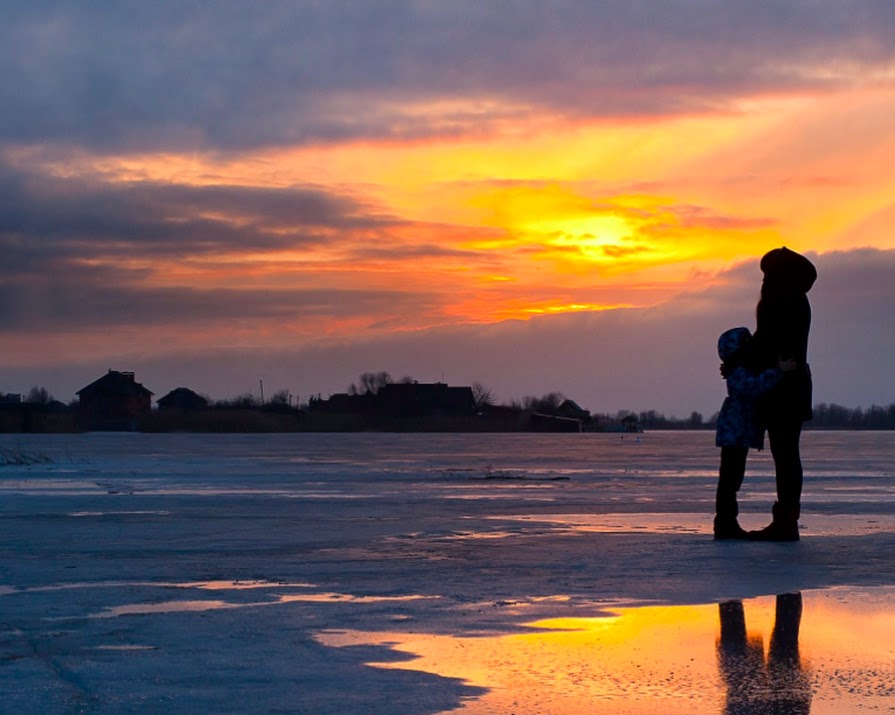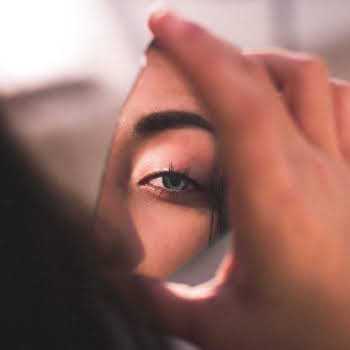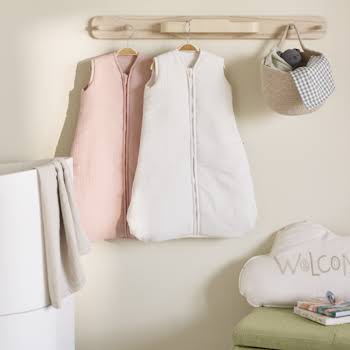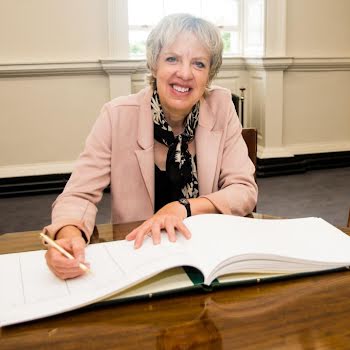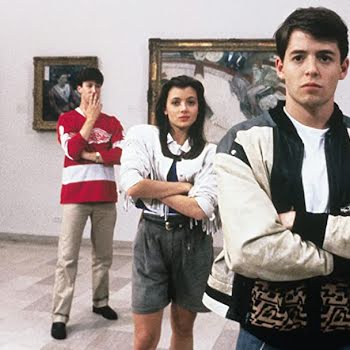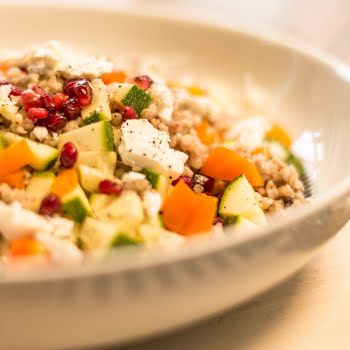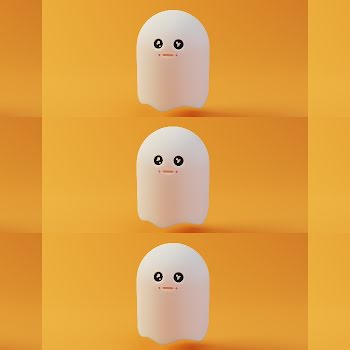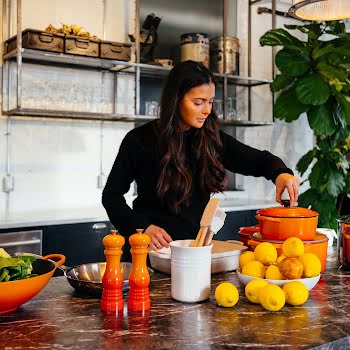
‘Mummy has cancer’: How to talk to children about a parent’s diagnosis
By Amanda Cassidy
25th Sep 2023
25th Sep 2023
How do you tell your child that you have cancer? Amanda Cassidy speaks to those who've had to break the news to their children.
Cork-born Kelly was diagnosed with breast cancer after noticing a slight pucker in her nipple. She had a mastectomy and is currently undergoing chemotherapy.
“I have three children, Sally (7), Sarah (5) and Amy (3). At the start, we shied away from using the word cancer. We felt it was a scary word that we couldn’t control so we simply said mummy was sick.
“We expanded a little after the initial shock and talked about good cells and bad cells and how they had to fight to stay healthy. My sister had survived breast cancer so it was also helpful to say that it was the same sickness that she’d had.
“Once the surgery was over, there was a huge amount of curiosity about what had happened. They were dying to see my scar which, in the end, turned out to be quite underwhelming to them! I think we had built it up a lot. Since then, I notice they are very watchful. They watch my face and if I’m ok, then they are ok.”
Talking about it helps children in the long term
But what do you say to children when you are going through something so serious? How do you protect them while also building trust?
Every parent who happens to be a cancer patient frets about the same thing but, surprisingly, it is a topic rarely visited in the consultant’s chamber. Perhaps it isn’t a doctor’s role to advise on such personal matters but often it is as important to the parent as the actual diagnosis.
Orla Foley is a systemic psychotherapist and senior medical social worker at a Dublin hospice. She says that sometimes that instinct to shield our children from difficult things in life can hinder their coping mechanism.
“The evidence shows that being open and honest with children about cancer can help them to cope better in the longer term.”
“Obviously, it has to be in an age-appropriate way. Concealing the extent of an illness is exhausting for everyone. Cancer robs a great deal from people but it cannot rob the safe and open communication you can provide to your child. It also gives back an element of control for patients. Promising your child that you will keep them updated with your illness is a precious gift and one that will help your child feel secure.
“You rarely come across people who were annoyed for being kept in the loop over a parent’s diagnosis, but hiding things from them will often result in confusion and insecurity. We do recommend using the word cancer.”
In fact, Orla says that the fear is if you don’t fill your child in with the true facts, their imagination will run riot and leave them feeling less secure about things. “You can explain that the chemo is strong medicine that will make mummy sick and tired but it is there to fight the bad cells. Let them ask as many questions as they want.”
The American Cancer Society recently issued updated guidelines that are useful when it comes to an age-appropriate way of explaining your diagnosis to children.
Children aged between two and five years
They should be told the name of the cancer, simple facts about treatments, and hear basic information about how day-to-day life will change.
Children of this age might like to learn what is happening through medical play with special dolls or activities designed to teach children about their treatment.
It is useful to explain to your child of this age that nothing they said, thought, or did caused this. They might also need to know it isn’t something they can get from other people, pets, or the world around them.
School-age children, six-12 years
Children at this life stage might already have their own ideas about what cancer is so it can be helpful to ask them what they know about cancer early on.
Tell them the name of the cancer and how it will be treated. Make sure you give them the information about what happens now when it comes to school and other activities during your treatment. Although they are that bit older, it is still important to reassure them that they are not being punished for something they did wrong.
Speak to them about any changes in your appearance and explain to them you are always going to try and tell them the truth about what is going on. Encourage them to ask questions and see if they need support from other children going through the same feelings.
Teens and older children
Naturally, children of this age will be able to understand more complex information including treatments, procedures, risks and benefits. They should hear about the treatment information directly from your health care team, where possible so they feel fully involved and invested in your illness.
They will definitely find it helpful to connect with people their age who have cancer and will usually want to know if they can still do ‘normal’ things like hang out with friends or go to parties. (It might seem selfish but their friends are a huge part of their life at this stage and they need that peer-to-peer support without feeling guilty for not being at home with you.)
It is useful to ask their opinion on things relating to your treatment – it makes them feel valued, respected and involved in what is going on with a parent. Your teen will also benefit from talking to social workers or psychologists at the hospital or cancer clinic without parents being present.”
A scary time
Although her children are young, Kelly says her consultant also gave her some good advice. “She said if the children ask me something I wasn’t sure about, it was best to just say that I’d ask the doctor and let them know rather than confuse them. It felt good to show them that I didn’t have all the answers and that the doctors were doing their job which was to help make me better. It seemed to satisfy the kids.”
But despite the reassurances we give our children, there is no substitute for being among peers who are going through a similar experience. The CLIMB programme is aimed at children between the ages of five and 11. It is run by ARC Cancer Support Centres around the country. This Dublin-based charity offers support to men and women affected by cancer and their carers.
“Through play, drama and art, children can express their feelings honestly and in a protected environment…”
The child-focused programme includes psychological and emotional support. “A diagnosis of cancer in a parent can be a very frightening time for a child,” explains Deirdre Grant from ARC. “They don’t really know how they should feel. Often, being among other children who are feeling the same confusing feelings can really help.
“Through play, drama and art, children can express their feelings honestly and in a protected environment. Sometimes children can find it difficult to let mum or dad know how they really feel because they don’t want to upset their sick parent. This programme is designed to facilitate those conflicting emotions.”
Emotional fallout
Pauline also credits the ARC programme for helping change her outlook after she was diagnosed with a rare form of cancer with a poor prognosis. “The emotional upheaval took the family by complete shock. The outside world looked bleak. The hospital I attended was fantastic, but the effects of the treatment were gruelling.
“It gave me the right supports to deal with the emotional fall-out when it came to my children and their fears.”
“I would describe myself as happy-go-lucky but my moods spiralled out of control and I just wasn’t functioning from a psychological point of view. I was in a darker place than I ever imagined. I raised my mental health concerns with my consultant and she advised that I should attend ARC Cancer Support Centres. The solace I received helped me to come to terms with my illness. It also gave me the right supports to deal with the emotional fall-out when it came to my children and their fears.”
Kelly, still in Cork, now faces into radiotherapy. She says that remaining positive is harder some days than others. “We are in a kind of cancer bubble that includes shopping for wigs, trying to find clothes to fit over a prosthesis and trying to still be a ‘present mum’ when all I want to do is crawl into bed.
“The truth is that sometimes their hugs are all that gets me through.”
“It is hard to try to keep life as stable as possible for the rest of the family. Everyone has been great and I’m so proud of my children and how they are handling this. I know we will put this year past us soon and we are remaining positive about the future.
“But sometimes I do feel sorry for myself. I do feel angry at the universe and I do wonder, why me? The few times it really gets to me, I try not to let them – my children – see me upset because I don’t want to scare them.
“The truth is that sometimes their hugs are all that gets me through.”
You can find more information here about ARC Cancer Support.
This article was originally published in October 2021.

